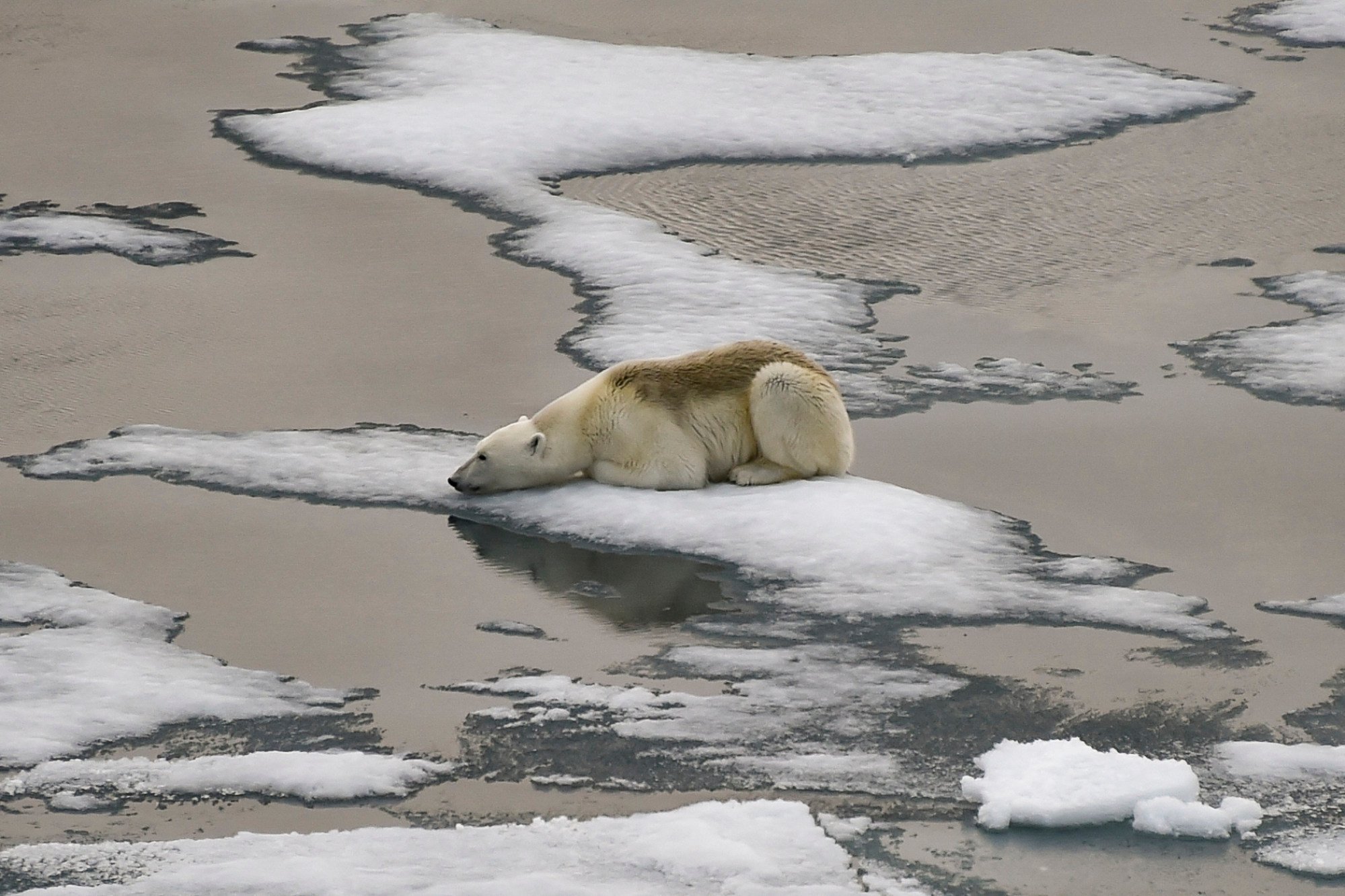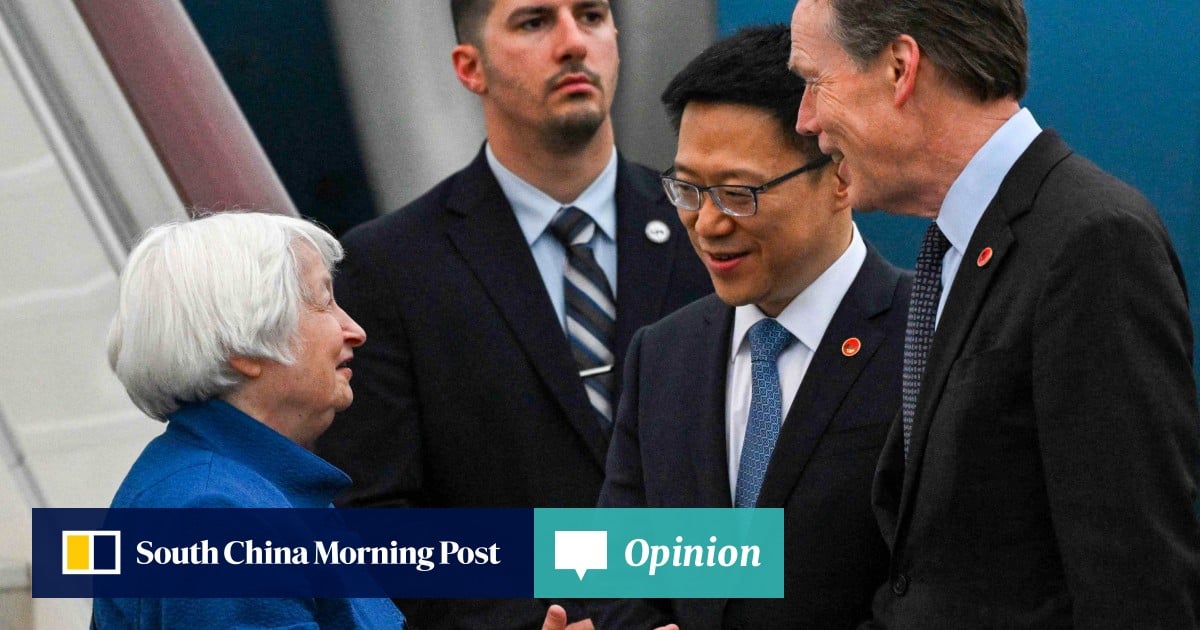The safety of our futures relies much more heavily on extensive cross-border collaboration than most of our politicians recognise – not just in the large, lumbering multinational institutions like the World Bank, the International Monetary Fund and the United Nations but in dozens of unglamorous, seldom-noticed international organisations. At our peril, many of these international talk-shops have been put in jeopardy while most of our political leaders have neither noticed nor cared, instead preferring to construct comfortable echo-chambers that are more easily controlled and managed.
But with 65 per cent of Russian territory sitting on permafrost, climate change across Arctic Russia is of critical importance to us all. Russia is also by far the most ambitious user of the Arctic Ocean, including its mineral resources and the sea routes that are opening up as sea ice melts.

Over the past two years of inaction, collaboration on Arctic research has been put in severe jeopardy, as well as much work focused on tracking climate change. It is estimated that more than a quarter of the 28 trillion tonnes of sea ice that has melted since 1994 has come from the Arctic, a trend that contributes to sea-level rise worldwide, threatens to alter ocean currents and even affects global timekeeping. Efforts to accurately anticipate significant climatic changes and mitigate their impacts remain hopelessly compromised while we refuse to cooperate.
Collaboration has also been compromised on the thaw of permafrost and the climate impact of wildfires in the Arctic. Since temperatures in the Arctic are rising at least three times – and perhaps four times – faster than the global average, this collapse in cooperation has created challenges worldwide.
It has inflamed the anxieties of those tasked to monitor and manage climate change. Gavin Schmidt at Nasa’s Godard Institute for Space Studies in New York commented in the journal Nature last month that, “no year has confounded climate scientists’ predictive capabilities more than 2023”.
The overshoot of 0.2°C per month last year was “a huge margin at the planetary scale [and] if the anomaly does not stabilise by August … the world will be in uncharted territory”.
Echoing Schmidt’s anxieties, Jim Skea, chair of the Intergovernmental Panel on Climate Change, noted last month that recent record temperatures have thrust the world into “unknown territory”. Clearly, if there has ever been an imperative for Yellen and her Chinese counterparts to put aside self-interested differences and intensify cooperation, it must be now.
UN must take lead to curb damage from deep-sea mining frenzy
UN must take lead to curb damage from deep-sea mining frenzy
Whatever pressures arise from the collapse of different nations’ willingness to cooperate and compromise, organisations like the ISA continue to battle on, as do organisations like the Arctic Council and the UN Office for Outer Space Affairs, tasked to protect our “common heritage” no matter how aggressively governments pursue their own national interests.
If Yellen is truly interested to put her government’s money where her mouth is, she would not only seek cooperation on climate change but also on properly regulating AI. Yellen has discussed debt relief during her visit but it is time to actually give a helping hand to the many developing economies mired in debt and heavy debt-service obligations.
David Dodwell is CEO of the trade policy and international relations consultancy Strategic Access, focused on developments and challenges facing the Asia-Pacific over the past four decades

